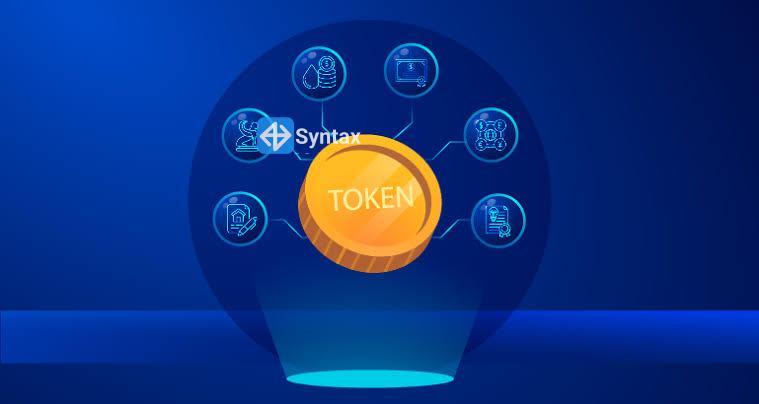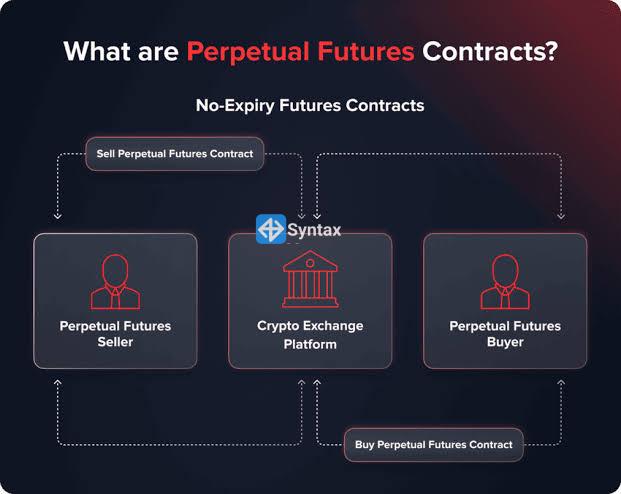The transportation sector is a vital part of daily life, connecting people and goods across cities, countries, and continents. However, payment systems within this sector often face challenges such as delays, high transaction fees, and a lack of interoperability between different regions and service providers. Cryptocurrency, with its decentralized and borderless nature, offers promising solutions to these long-standing issues.
The Current Payment Problems in Transportation
From urban public transit systems to international shipping companies, payment issues can take many forms:
- High fees for cross-border payments when paying for services in another country.
- Delays in transaction processing for freight and cargo payments.
- Limited access for the unbanked in areas where traditional banking infrastructure is weak.
- Incompatibility between different transport operators’ payment systems.
These problems create inefficiencies, increase operational costs, and sometimes even hinder service delivery.
How Crypto Can Address These Challenges
1. Faster and Cheaper Transactions
Cryptocurrencies can enable near-instant payments with minimal transaction fees compared to traditional banking or remittance systems. This is especially beneficial for logistics companies operating across borders, where conventional transfers can take days and cost significant amounts in fees.
2. Borderless Payments
Because cryptocurrencies are not tied to any single country, they remove the need for currency conversions when traveling or doing business internationally. A passenger could use a single crypto wallet to pay for rides, train tickets, or toll fees in multiple countries without worrying about exchange rates.
3. Inclusion for the Unbanked
In regions where people lack access to bank accounts but have mobile phones, crypto wallets can offer a direct way to pay for transport services. This can significantly improve mobility and access to opportunities for underserved communities.
4. Transparent and Secure Transactions
Blockchain technology records every transaction on a tamper-proof ledger, reducing the risk of fraud or payment disputes. For large transportation contracts, such as cargo shipping, this transparency can help build trust between parties.
5. Integration with IoT and Smart Contracts
In the future, crypto could integrate with Internet of Things (IoT) devices to enable fully automated payments. For example, a toll gate could detect a vehicle, verify its blockchain wallet, and deduct the payment instantly via a smart contract without human intervention.
While crypto holds great promise, adoption will require addressing challenges such as price volatility, regulatory concerns, and public awareness. Stablecoins cryptocurrencies pegged to a stable value like the US dollar could be an ideal bridge between traditional payments and blockchain solutions.












